In a critical diplomatic effort, United Nations Deputy Secretary-General Amina Mohammed met with Nigerian President Bola Tinubu at the Aso Rock Villa to discuss the urgent need for restoring civilian rule in several West African countries now under military control. The meeting underscored the international community’s increasing concern over the political instability sweeping through the region.
Nations in Turmoil
The civilian governments of Burkina Faso, Mali, Niger, and Guinea have been overthrown by military coups, leading to significant upheaval. Burkina Faso’s government fell in May 2021, followed by Guinea in September 2021, Mali in September 2022, and most recently, Niger in July 2023. The Economic Community of West African States (ECOWAS) responded with stringent economic sanctions to pressure these nations back to democratic governance. While some sanctions were eased in February 2024, tensions remain high.
Formation of the Sahel Bloc
On July 6, 2024, Niger’s General Abdourahmane Tchiani, Burkina Faso’s Captain Ibrahim Traore, and Mali’s Colonel Assimi Goita signed a confederation treaty. This treaty aims to strengthen their mutual defense pact, known as the Alliance of Sahel States, marking a significant step towards regional integration and a stand against Western influence.
UN’s Role and Recommendations
After her meeting with President Tinubu, Amina Mohammed spoke to journalists, clarifying the UN’s supportive role rather than a direct negotiating one. “The UN does not negotiate on behalf of ECOWAS; what it does is to support the leadership of ECOWAS, and that’s why we came here to debrief the President,” Mohammed explained.
She emphasized the need for these countries to transition back to democratic rule while simultaneously addressing critical issues like terrorism, food security, and job creation. “If they can display a roadmap that gives everyone some confidence that there is a return to democratic rule, then they will find the support,” she said.
ECOWAS Initiatives
ECOWAS has proposed that Senegal’s President Macky Sall and Togo’s President Faure Gnassingbé lead ongoing dialogue efforts. However, the leaders of the Sahel Bloc have expressed dissatisfaction with what they perceive as inadequate support and understanding from ECOWAS. Despite these grievances, they remain committed to their priorities of enhancing security, combating terrorism, and improving food security and job opportunities.
What’s Next?
The formation of the Sahel Bloc and its defiance against external pressures add a layer of complexity to the situation. The international community is keenly watching as these nations chart their path forward, concerned about the broader implications for regional stability and development.
Key Questions for the Future
- How will the Sahel Bloc nations respond to the UN’s call for a return to civilian rule?
- Can ECOWAS and the UN effectively support these countries in tackling their internal challenges?
- What are the potential outcomes of the ongoing dialogue and engagement efforts led by ECOWAS?
As West Africa navigates this period of political turbulence, the need for cooperative efforts to ensure peace, stability, and development has never been more critical. The world watches closely, awaiting the next developments in this high-stakes political drama.

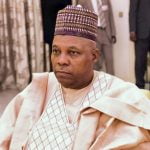
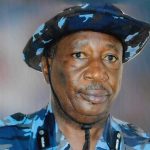
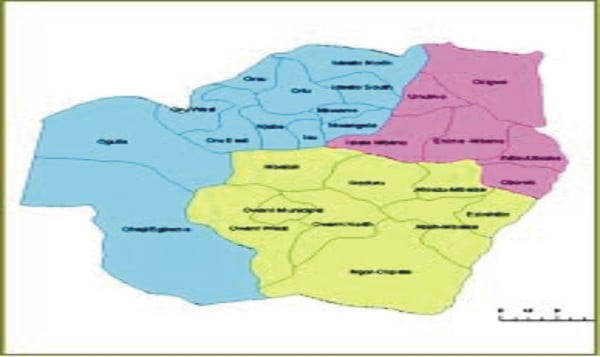
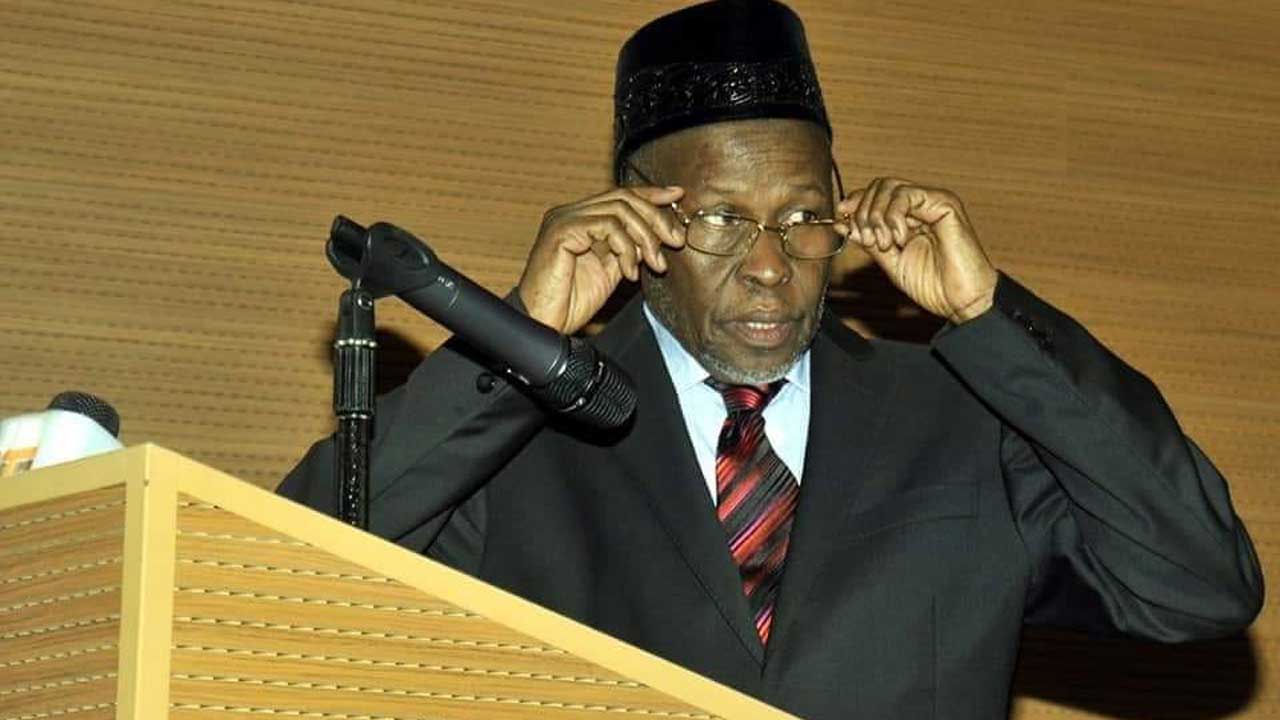
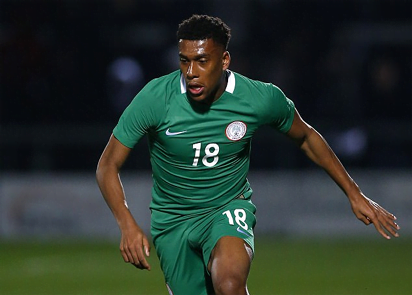
2 Comments